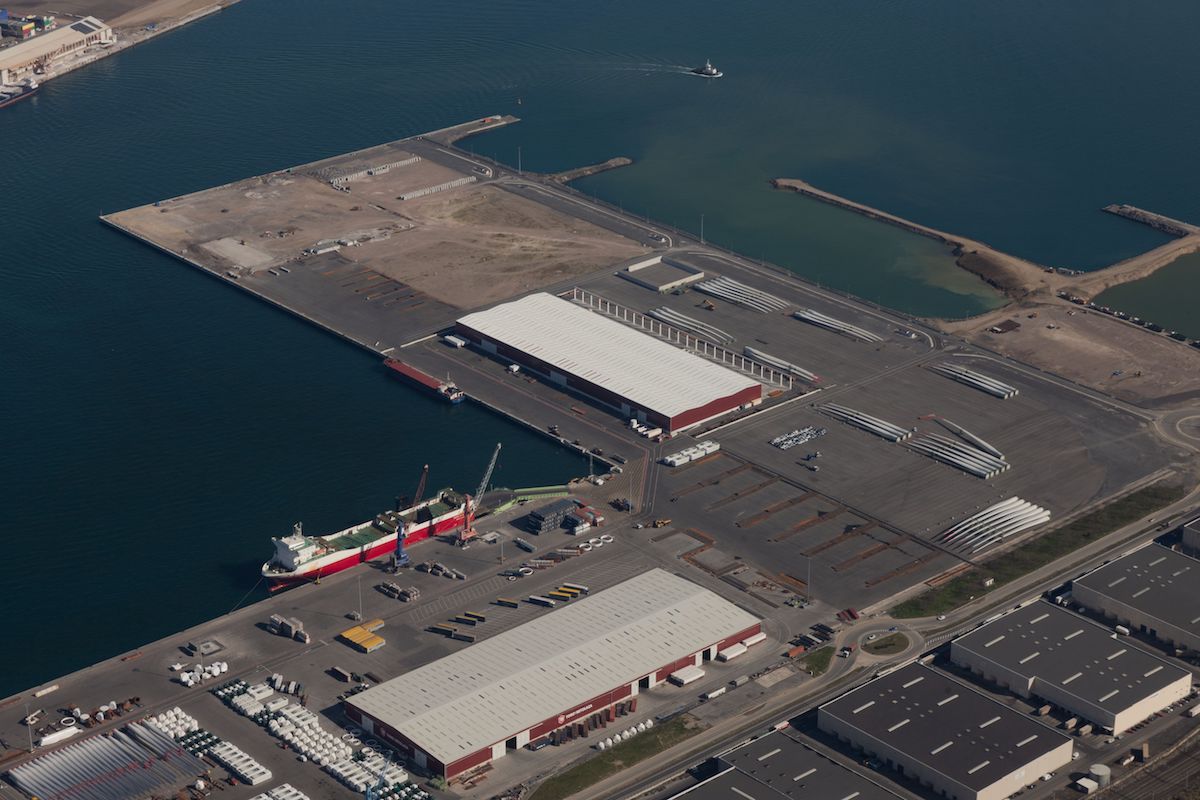
Electrification of Dock A-5 of the Central Breakwater will require an investment of EUR 4.7 million.
The Port Authority of Bilbao has awarded Tecuni S.A.U. the first phase for construction project planning and execution of the works for a new electricity infrastructure at Dock A-5 of the Central Breakwater of the Port of Bilbao, to connect vessels to the onshore power grid. The contract, which also includes a comprehensive maintenance service, is worth EUR 4.7 million.
After signing the contract, the contractor will have a period of two months to draw up the detailed project, which will be sent to Puertos del Estado / The State Ports Authority for the corresponding binding report. Once any required modifications have been made and the detailed design approved, the works will have an 18 months completion date. Similarly, once the works have been completed and handed over, a period of three years, which may be extended annually for a further two years, will be established for the comprehensive maintenance service.
Dock A-5 will be equipped with four connection points through two 2.5 MVA Onshore Power Supply (OPS) sets, enabling vessels at berth to connect to the port facilities’ power grid and to switch off their auxiliary generators, thereby reducing the use of fossil fuels by vessels during their stay in port and reducing greenhouse gas emissions and the noise and vibration levels they produce.
The project to equip Dock A-5 with OPS technology, which has secured a EUR 4.3 million grant from the Recovery and Resilience Facility, is part of

the Port Authority’s BilbOPS initiative to deploy a total of 11 connection points at docks with recurrent traffic, both freight and passenger. In addition, and to ensure that part of the energy consumed by the connected vessels is of renewable and sustainable origin, other related projects will be tendered and contracted at a later stage, including various PV power plants.
The BilbOPS initiative, scheduled to be operational by 2026, will require an investment of EUR 51.8 million, of which 30%, i.e. EUR 14.2 million, will be subsidised by the European Commission within the CEF Transport 2021-2027 Programme.

 Port access
Port access